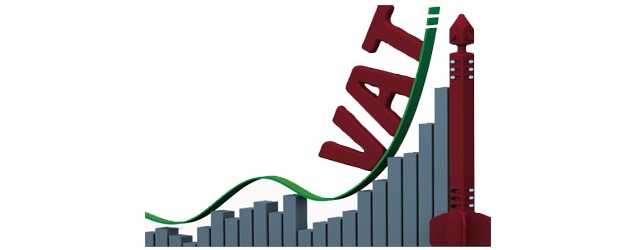Gulf nations hop on the VAT bandwagon, promising value-added taxes on goods and services in 2018.

In February this year, the Gulf Cooperation Council confirmed that its six member countries—Bahrain, Kuwait, Oman, Qatar, Saudi Arabia and the UAE—would implement a VAT in 2018. In August, Ahram Online, an English-language Egyptian news website, reported that the Egyptian parliament had approved a 13% value-added tax.
VAT is a consumption tax levied on products or services at each stage in which value is added.
Approximately 160 countries have a VAT, or goods-and-services tax (GST). Less than 50 years ago, just eight countries had VATs, says Tim Gillis, head of global indirect tax services at KPMG in the US.
Several drivers are behind the proliferation of VAT. In the 1990s the International Monetary Fund required a number of African countries to implement VAT before it would lend to them, Gillis says. Also during this period, some former Soviet-bloc countries turned to VAT as a growth-oriented tax regime.
Administering and collecting VAT tends to be simpler and more efficient than is the case with other taxes. In addition to streamlining tax collections, VAT can reduce the tax gap, or the amount of tax revenue a government should collect versus the amount it actually ends up collecting.
However, VAT is not without its flaws. The European Commission estimates that the VAT tax gap within the European Union is approximately €160 billion ($178 billion). “It’s not insignificant,” Gillis says. Another criticism of consumption taxes, including VAT, is their impact on low-income households. Enforcing a VAT in areas in which many people live on subsistence incomes is difficult.
As the number of countries with VATs continues to grow, more companies are outsourcing the function of VAT compliance, Gillis says. “It’s not core to their business, and keeping up with the changes is difficult.”
At the same time, companies need to monitor tax changes around the world, as they show no signs of abating. Corporate income taxes currently account for less than 10% of global tax collections, yet require a tremendous amount of effort to collect, Gillis notes. By the year 2100, “we could have radical tax reform,” he says.



